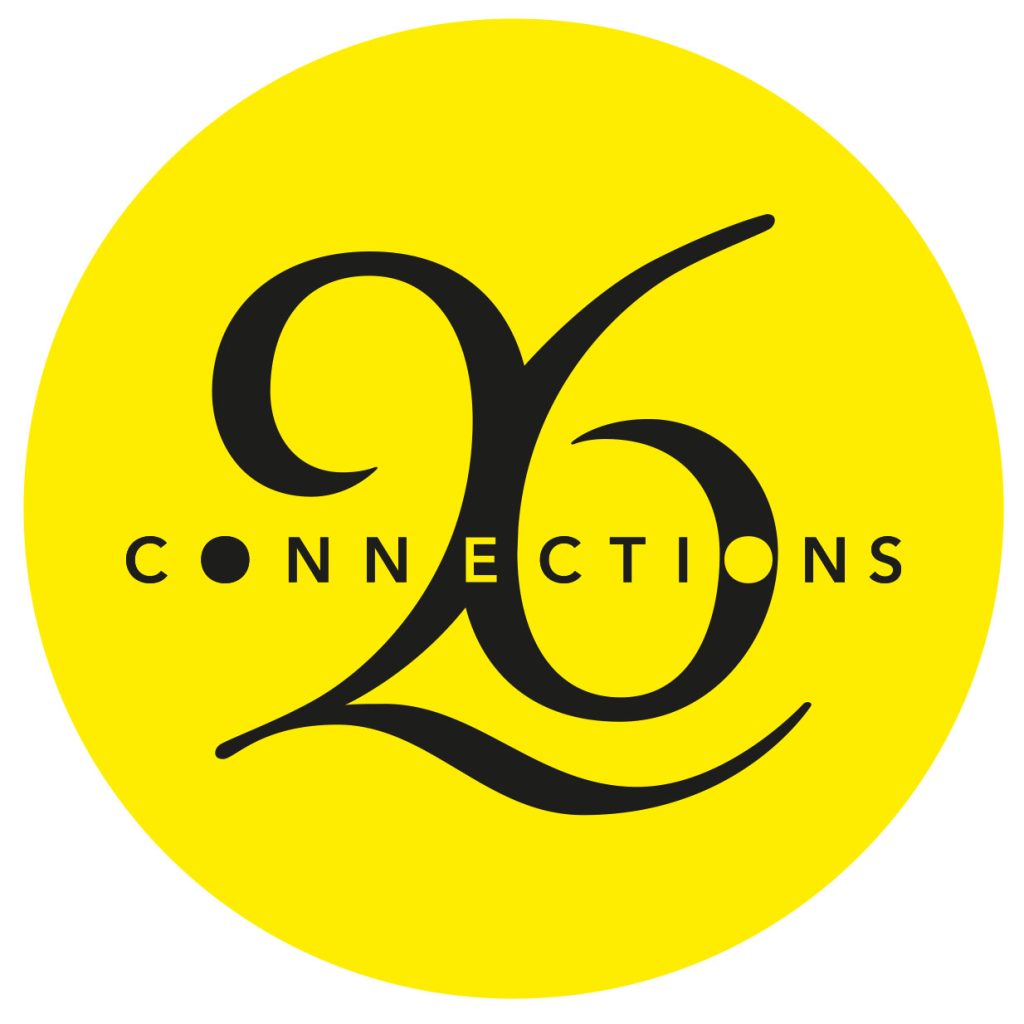Gita Ralleigh & Oli Isaac
How We Did This
Gita and I started our collaboration, a Zoom call naturally, an ocean apart. We agreed to write apart and throw things against the wall (i.e. the Google Doc folder) to see what sticks. We felt like the folder could almost serve as a diary of this moment in our lives. The near anonymity of uploading fresh, raw work to an online folder felt both vulnerable and liberating. The thoughts that came to me first, and the words that ended up on the final page, were guided by my return to London after two months away (the longest I had been away at any one time). What better way of seeing a city I have called home for fourteen years than using this project to see it all through new eyes?
One of the things that struck me on my return was a symptomology of life in the city; a deep exhaustion I hadn’t remembered feeling; the sensation of the physical sensation beat of my heart again in my chest. All while seeds were turning from buds to blooms in my windowsill planters. Admittedly, I felt frustrated that my grand plans for writing a poetic diary were interrupted again and again by life’s many door-knocks – a return to work, a spring of protests and an arrest, a bitterness of having to schedule in time again to see friends. But, in a way, that also perhaps reflects the Human.Kind themes at the core of this project; writing notes in between volunteering at a community garden and applying for work; in between demos and actions for Palestine and asylum seekers; in between struggles to sum up my time away when friends would ask and returning to a routine that could nourish me.
It’s amazing, looking back, how our words seem to connect and speak to each other. Gita and I never met in person and aside from email check-ins, only spoke through the words we left on documents in our Google Drive. Amid everything going on in our lives, we started a conversation in poetry across the digital ether (i.e. two mouses hovering on a Google Doc).
Oli was on the other side of the world when our collaboration began in February, and back in the U.K. by the time it became a finished piece in May. During this time my father became increasingly unwell; he passed away at the end of March. I struggled to write on the theme of Human.Kind while grieving, aware of the meagreness of my personal sorrow given the ongoing conflict in Gaza, Sudan and elsewhere. Czeslaw Milosz’s ‘The Fall’ compares the death of a man to the fall of a nation because:
its cities are empty, its population dispersed,
Its land once bringing harvest is overgrown with thistles, Its mission forgotten, its language lost
In the end, I wrote of the body in our shared Google Doc, of its mysterious power and fragility, of movement, breath and heart. Our brief gave complete freedom about form but we both ended up with poems of ten lines, which seemed to meet when paired, as tangentially as we had, through words typed on a screen.
The poems are being displayed as part of the 26 Connections exhibition during the Bloomsbury Festival and until mid-November. The exhibition features interpretations of the poetry by artists from the Lettering Arts Trust. The exhibition is free at the Building Centre, 26 Store Street, London WC1E 7BT

